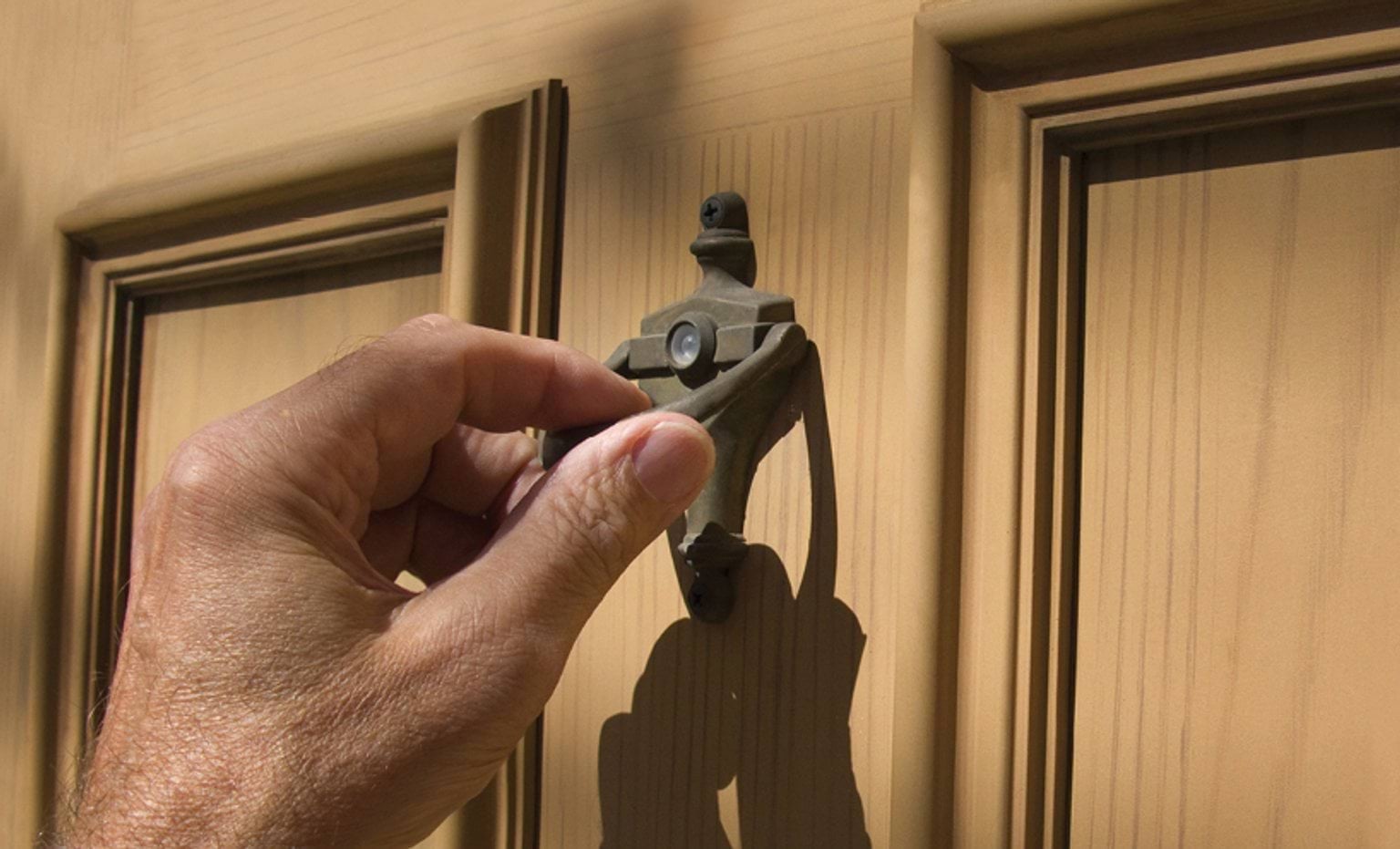- Published:
- Monday 8 October 2018 at 5:07 pm

Solar Victoria and Consumer Affairs Victoria have joined forces to establish a taskforce which will maximise consumer protection as a state government solar rebate program is rolled out.
The two agencies are working together to combat high-pressure tactics and inaccurate marketing.
Other regulators - WorkSafe, Energy Safe and the Victorian Building Authority - will have a focus on safety and enforce long standing OHS and electrical safety requirements.
Solar Victoria Chief Operating Officer, Jonathan Leake, has urged consumers to use retailers who have signed the Clean Energy Council’s Solar Retailer Code of Conduct, which aims to lift standards in the solar industry.
“This is a growing industry, and while most people in it will always do the right thing, others are undermining the good operators and community confidence.”
The Victorian Government’s $60m Solar Homes rebate program requires installers to be accredited with the Clean Energy Council (CEC) and for them to install products approved by the CEC.
“Companies signed-on to the Solar Retailer Code of Conduct are better positioned to influence the industry’s future direction,” Mr Leake said.
“This program is helping Victorians to significantly reduce their energy costs, but we won’t tolerate those who are fraudulently taking advantage of vulnerable people.”
“Compared with the number of installations, we are receiving relatively few complaints, but there could be more.”
Mr Leake said only Solar Victoria could confirm someone’s eligibility for a rebate, but people needed to first register their details at solar.vic.gov.au.
Information about the material people need to provide to confirm their eligibility for a rebate can be found here - www.solar.vic.gov.au/Apply. Only Solar Victoria can confirm the eligibility of rebate applicants or solar installers.
Consumer Protection is paramount
Mr Leake said Victorian Government agencies will never ask for personal details, such as banking information over the phone. “We do not endorse any company which is engaged in cold-calling or going door-to-door to drum-up business. Anyone suggesting they are associated with the government isn’t telling the truth.”
“Getting the best deal is about educating yourself, asking questions and being vigilant. There’s no rush, and any pressure to pay a deposit, or worse - the full price - should set alarm bells ringing”.
“Consumers should talk to neighbours, friends and family who have recently installed solar systems, find out who they’ve dealt with or speak to your energy company or well-known providers.”
Consumer Affairs Victoria Director, Simon Cohen, said consumers had 10 full business days to reconsider agreements made as a result of uninvited telemarketing or door-to-door sales.
“The cooling-off period gives consumers time to ensure they are happy with the decision and that they have all the information needed to make a good choice.”
“It begins on the first business day after the agreement is made. If the consumer cancels the agreement, there’s no penalty.”
The Australian Competition and Consumer Commission has produced a guide to help people understand their rights.
Telemarketing phone calls and telemarketing contracts are regulated at the national level under the Australian Consumer Law (ACL), the Do Not Call Register Act 2006 and the Telemarketing Industry Standard.
The maximum penalties for breach of the ACL provisions are $50,000 for a company and $10,000 for individuals.
Callers must say why they are calling and identify themselves and can only call between 9am and 6pm Monday to Friday, and 9am to 5pm on Saturday. They must also inform consumers of cooling off rights and how they can end an agreement.
Telemarketers must hang up immediately when asked by the consumer and not call back for at least 30 days.
Consumers can also register their phone number with the Federal Government’s Do Not Call Register where you can also lodge a complaint about telemarketing calls.
For more detailed information on telemarketers go to Consumer Affairs Victoria’s website.
Protect yourself
If you’re interested in a solar energy system, make sure you do your homework first.
This includes:
- reading the guides produced by Consumer Affairs Victoria and the Clean Energy Council
- finding reviews of the company through online review websites and a basic internet search
- ask friends and family if they have heard of the business and its reputation
- see if company details, such as ABN, are listed on their website – you can check these on ASIC’s website
- Be wary of traders offering goods or services with significantly discounted prices
- Information about energy products and services is available at Consumer Affairs Victoria
- Try and get details of companies calling or visiting from an independent source, such as a phone directory.
- Beware of fake websites. Scammers send links to websites that look real, carrying the logos of well-known organisations.
- Do not rely on caller ID. Scammers can use internet telephony services to buy local telephone numbers that hide the fact they are based overseas.
Find out more about rebate scams on Consumer Affairs Victoria’s website www.consumer.vic.gov.au/rebatescam.
Updated

